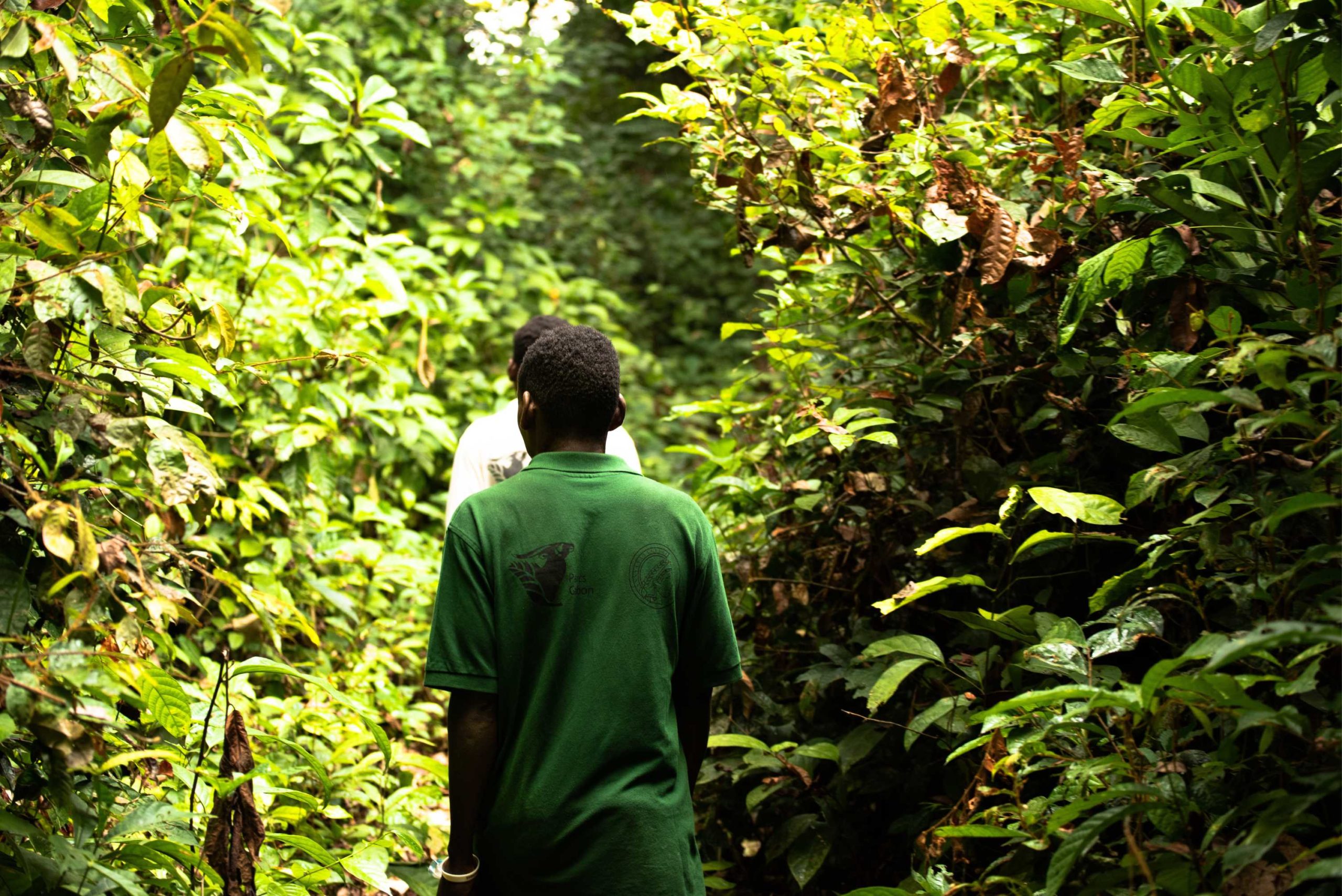On March 1 and 2, 2023, the One Forest Summit was held in Libreville, with the objective of putting the Congo Basin Forest under the spotlight.
The overall goal of the summit was to accelerate the conservation and sustainable management of tropical forests, which are vital sinks of carbon and reserves of biodiversity.
On the French side, the ambition of the One Forest Summit was to implement the Paris Agreement by offering forest countries a platform of scientific and economic solutions to reconcile forest protection and economic development.
For Gabon and forest countries, the challenge was to provide evidence of the possibility of successful sustainable management, a prerequisite for attracting new types of funding.
The One Forest Summit was held in March in Libreville under the leadership of France and Gabon
During the COP 27 in Sharm el-Sheikh, Emmanuel Macron and Ali Bongo announced their willingness to work together to establish “Partnerships for Positive Conservation” (PCP). These partnerships would give vital carbon and biodiversity reserves a special status at the international level. They would offer “political and financial contracts” to the states hosting them to help preserve them.
Following up on this initiative, on March 1 and 2, 2023, the One Forest Summit was held in Libreville, with the objective of putting the Congo Basin Forest under the spotlight.
Building on previous One Planet Summits, this event brought together heads of state and government, leaders of international organizations, financial institutions, private sector representatives, international NGOs, think tanks and research centers, indigenous peoples’ organizations and civil society. Participants included the Global Environment Facility (GEF), UNESCO, the European Forest Institute, the World Resource Institute, the International Union for Conservation of Nature (IUCN), Conservation International, and the Green Climate Fund.

Diverse ambitions supported by a common goal of preservation and sustainable management of tropical ecosystems
The overall goal of the summit was to accelerate the conservation and sustainable management of tropical forests, which are vital sinks of carbon and reserves of biodiversity. Primary forests, mangroves and peatlands are among the ecosystems critical to our ability to address the challenges posed by the interdependence of climate change and biodiversity loss, whose mechanisms we presented in a previous article.
Hosting this summit in Gabon is an obvious choice: 88% of its territory is covered by the equatorial forest, and the country has become a forerunner in the protection of its natural resources by committing to protect one-third of its natural areas, both terrestrial and marine.
On the French side, the ambition of the One Forest Summit was not to make new political statements but to implement the Paris Agreement by offering forest countries a platform of scientific and economic solutions to reconcile forest protection and economic development.
For Gabon and forest countries, the challenge was to provide evidence of the possibility of successful sustainable management, a prerequisite for attracting new types of funding.
The adoption of the “One Forest Vision”, a five-year project to research new knowledge of carbon sequestration mechanisms and identify the most vital carbon and biodiversity reserves in the three basins.
Mining groups, commodity traders and investment funds have already positioned themselves in reforestation, R&D and infrastructure projects.
The Libreville Plan aims to be a political and financial contract. It invokes the time of remuneration of services rendered to the rest of the world by forest countries and outlines a few avenues.
The PCP initiative proposes to create a mechanism of remuneration for the services rendered by forest countries: the committed States would produce “biodiversity certificates”, which can be purchased by sovereign States or private actors as a positive contribution to the protection of Nature”.
The proposals focus on scientific cooperation, new value chains and innovative financing
The organizers had defined three work areas for the event, on which they were committed to achieving new commitments and concrete initiatives.
1. To advance knowledge and promoting scientific cooperation on forest ecosystems.
The accurate measurement of carbon sequestration by forests is one of the keys to the development of financial compensation mechanisms. Promoting scientific cooperation is therefore essential between the three major global forest basins: the Amazon Forest, the Congo Basin and the tropical forests of Southeast Asia.
The result: The adoption of the “One Forest Vision”, a five-year project to research new knowledge of carbon sequestration mechanisms and identify the most vital carbon and biodiversity reserves in the three basins. France, Conservation International and the Walton Foundation have announced an initial investment for PCP contracts of 100 million euros.
2. To promote sustainable value chains in the forestry sector.
Finding an economic model adapted to forest protection is a crucial issue for forest countries. The event aimed to highlight concrete solutions to organize the transition of production models to the bioeconomy, focused on local processing, traceability of products and fair remuneration of populations.
The result: Mining groups, commodity traders and investment funds have already positioned themselves in reforestation, R&D and infrastructure projects. The list of deals is attached to the Libreville Plan.
3. To develop innovative sources of financing, notably by exploring market-based solutions for biodiversity conservation.
The One Forest Summit was expected to pave the way for innovative products such as “biodiversity certificates”, debt-for-nature swaps, forestry bonds, payments for ecosystem services, and high environmental value carbon credits.
The event also included a report on existing mechanisms, such as the REDD+ initiative that pays countries, like Gabon, to reduce deforestation or increase the sequestration capacity of their forests.
The result: The Libreville Plan aims to be a political and financial contract. It invokes the time of remuneration of services rendered to the rest of the world by forest countries and outlines a few avenues. “In return for the commitment of forest countries, the international community will provide more funding, but also a mechanism for remuneration of services rendered by nature kept intact, including carbon sequestration. Based on rigorous monitoring of the implementation of these commitments and their results, the PCP initiative proposes to create a mechanism of remuneration for the services rendered by forest countries: the committed States would produce “biodiversity certificates”, which can be purchased by sovereign States or private actors as a positive contribution to the protection of Nature”.
References:
[1] Program of the One Forest Summit
[2] Presentation of the One Forest Summit
[3] The Libreville Plan
About Positiveco
At Positivéco, we see new national and international CSR regulations as vectors for positive growth.
Our job: to improve the readability of your activities for better valuation.
Since 2009, we have been supporting financial institutions, public players, and listed and unlisted companies in the evaluation of their CSR policies, the production of their extra-financial reporting and the implementation of their climate investment and aid projects. Development.
Make an appointment today and find out how to meet the new requirements of economic transparency while serving the project of your company.









Contact us now!